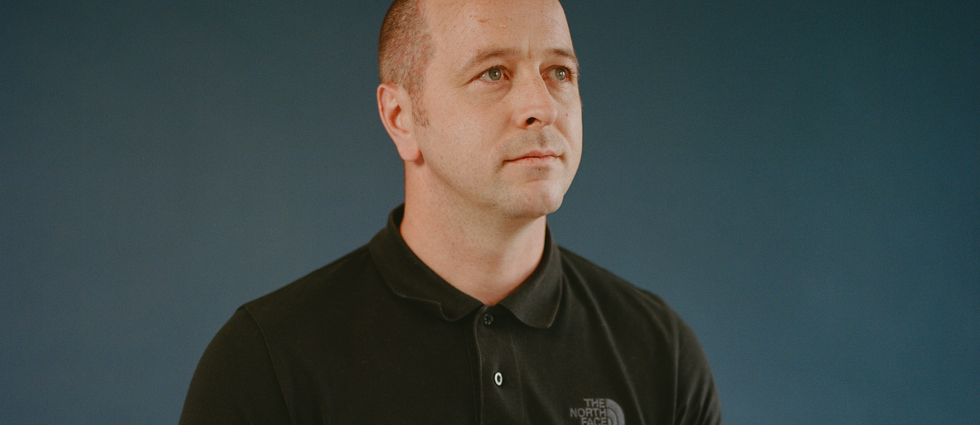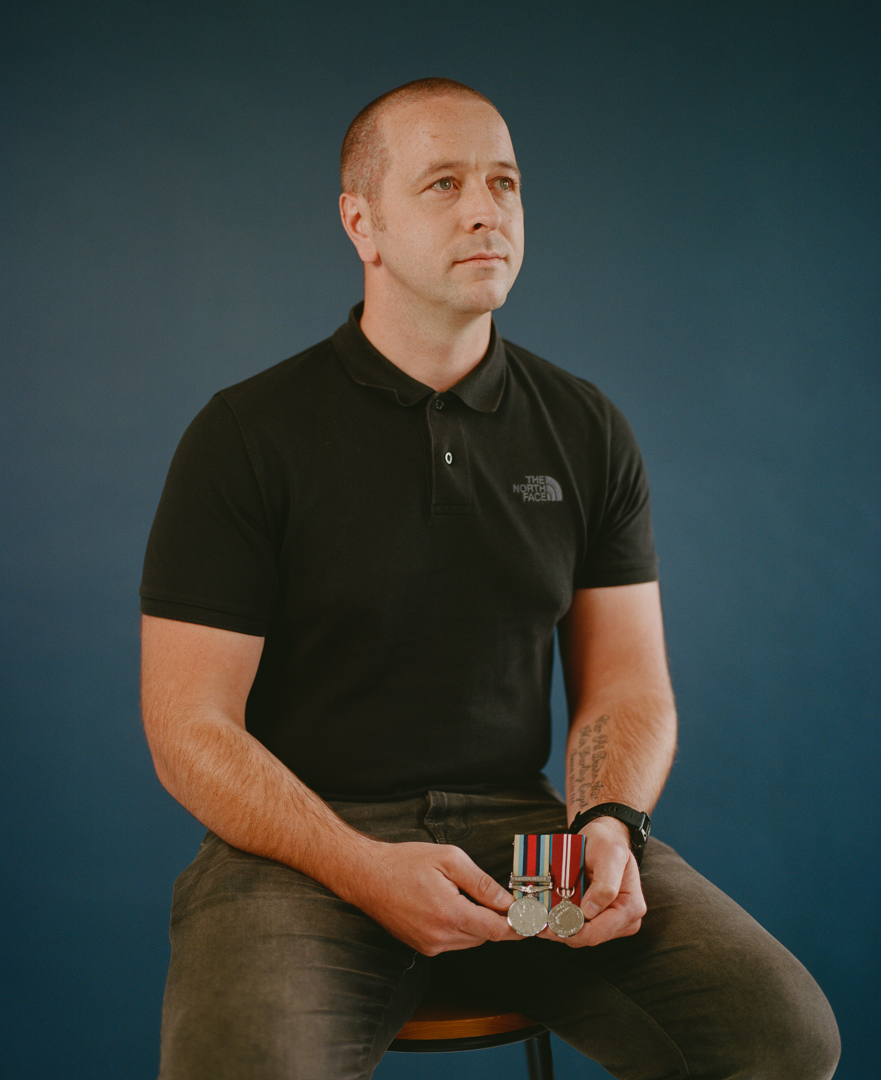
Danny's Story
Danny was in the Scots Guards for nine years, and started to struggle as soon as he left the forces.
Danny served in the Royal Scots Dragoon Guards for nine years.
When he left the Army, he found that no one else understood what he was going through, which made it very hard to talk and led to him feeling suicidal.
He has since got to a much better place, and started his own social enterprise, Be-Inn Unity to help people understand more about mental health. His company also provide online mental health peer support for veterans to check in and connect with each other, with the Veteran ERV.
Listen to Danny's Story
Please be aware that these stories discuss mental health problems, suicide and may be triggering.

What can you do?
How to begin a conversation
Sometimes it can be hard to know how to start. Here are a few ideas.
It’s okay - It’s okay to ask how someone is and ask them more than once. It might be hard for someone to open up about how they are feeling, asking twice shows the door is open.
Ways to ask if someone is okay – “How are you doing?” “How have you been feeling?” “I’m here if you want to chat.” “How’s everything going?”
Ways to let someone know you need to talk - “I’m not doing too well.” “I need to talk.” “It’s not easy to talk about it.” “I trust you.” “Do you have some time to chat?”
Listening and responding
It can feel difficult to know the right things to say, but sometimes all someone needs is the space to be heard. Here are some tips:
Listen without interruption – try to really hear what someone is saying about what they are going through. Try to allow someone the space to share how they’re really feeling. You can show that you are listening through your body language.
Reflecting back and showing you care can help – for example acknowledging that it seems like a difficult time for them. Sometimes we can try to make someone feel better by being overly positive, but that might not be helpful to everyone. You can respond using their words to show you are listening.
You might get emotional – hearing what someone is experiencing may bring up a lot of different emotions as a listener. It’s okay to feel these emotions but if you are able, try and judge whether showing them will be helpful to the other person.
Try not to minimise – try not to minimise people's experience, or suggest things like 'everyone is feeling like this' or 'it could be worse'. You may say these types of things to try and make people feel like it's not that bad, with the intention of helping. But minimising people's experiences can make them feel like their issues aren't important, or worthy of sharing, which can make them worse as it can stop people from asking for help.
Veterans Home
Head back to the veterans home page.

